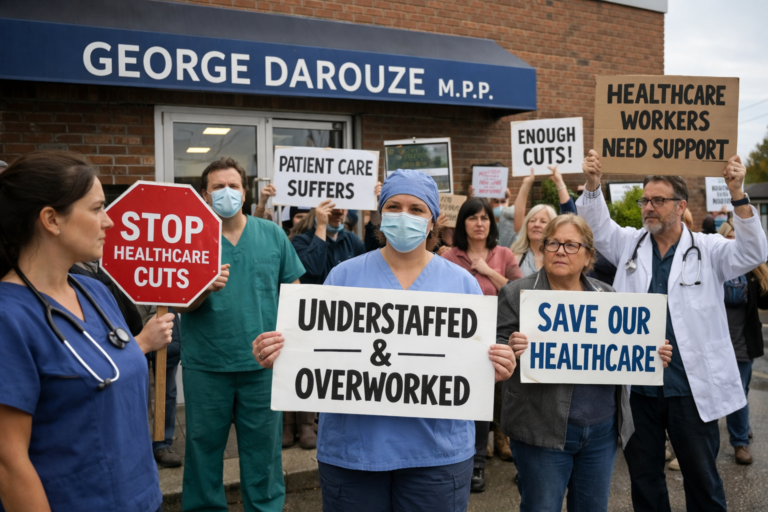
We recognize July as Minority Mental Health Month and use it as an opportunity to educate and bring awareness. Historically marginalized communities across America face unique mental health challenges, and we’re working to provide valuable resources to help.
Barriers to mental health care access extend to a wide range of people who live in the United States. However, these barriers disproportionately impact historically marginalized communities. Limited access, affordability and an alarming underrepresentation of mental health professionals who share similar lived experiences are just a few of the obstacles they face. The pressing concern of underrepresentation is made particularly evident considering that only 5% of active psychologists in 2021 identified as Black, and nearly 8% percent identified as Hispanic while 80% identified as White.* This highlights an existing gap within our health care system and further exacerbates the challenges historically marginalized communities face. Often, they feel judged and disconnected when they don’t receive care from providers who share lived experiences, discouraging them from seeking mental health care.
Recognizing the significance of addressing the mental health needs of diverse communities, CVS Health® has made it a priority to support historically marginalized communities and help them overcome barriers to mental health care.
Heightened mental health concerns among People of Color
A new CVS Health/Harris Poll Dimensions of Health Care survey sheds light on the complex landscape of mental health among People of Color.* The data highlight a stark contrast in the reporting of mental health concerns between People of Color and White individuals. Half (50%) of People of Color express worries about their mental health, while less than two in five (37%) White individuals report similar concerns. The survey findings provide valuable insights into the factors that disproportionately impact the mental health of specific demographics. Notably, People of Color express significant concerns across various aspects of their lives. Affording their living costs worries nearly three in five (58%) respondents, surpassing the two in five (43%) White individuals who share the same anxiety. Furthermore, job-related stress weighs heavily on nearly three in five (57%) People of Color, compared to two in five (44%) White individuals.
The demand for accessible mental health solutions
There is an urgent need for affordable and accessible mental health solutions. Among People of Color, a significant two in five (43%) express desire to seek help from a mental health professional but are unable to afford it, a figure that surpasses the quarter (28%) of White individuals who report the same. Furthermore, the demand for mental health professionals is hindered by time constraints. Two in five (44%) People of Color and nearly three in five (58%) individuals aged 18 to 32 express a desire to consult a mental health professional but state they do not have the time. For instance, nearly one in five People of Color (17%) say they had a difficult time finding a mental health professional that understands part of their identity (such as culture) compared to just 11% of White individuals.
Making mental health care services more accessible
To help increase access for historically marginalized communities, we offer high-quality mental health services that are convenient and affordable.
MinuteClinic
At more than 1,000 MinuteClinic® locations in the U.S., patients can access depression screening services. At select MinuteClinic locations, patients can receive in-person and virtual mental health counseling services for depression, stress and anxiety from licensed mental health providers.
Virtual care
We believe that access to mental health care should be flexible and offered wherever patients need it, including virtually. Virtual mental health services have proven to be an easy, effective and often less stigmatized way for people to access mental health care. And the care is effective. Since the launch of MinuteClinic behavioral health services in 2021, 99% of new MinuteClinic patients have been able to see a mental health provider within seven days. Eighty percent reported a reduction in depression symptoms.
In 2019, CVS Health conducted about 200,000 mental health virtual visits. Since then, CVS Health has conducted approximately 30 million visits.
Project Health
To better address mental health in underserved communities, the company added free depression screenings for everyone who uses Project Health services. Anyone who screens positive for any physical or mental health conditions has an on-site consult with a nurse practitioner and is provided a directory of local health care providers.
The CVS Health Community Equity Alliance
The CVS Health Community Equity Alliance addresses barriers to care in underserved communities across the country. It focuses on expanding the community health worker workforce, enhancing connections between health care institutions and communities, and addressing disparities in heart health and mental health outcomes.
CVS Health National Health Equity Advisory Board
The CVS Health National Health Equity Advisory Board is made up of a diverse group of leaders with a wide range of expertise and lived experiences. Board members address how ableism, classism, racism, sexism and discrimination impact the historically marginalized communities we serve. They also provide feedback on policies, programs and practices that will help inform our overall health equity strategy.
Minority mental health: Looking ahead
“Through initiatives and offerings such as the Community Equity Alliance, free depression screenings and virtual mental health services, we are removing barriers and increasing access, helping historically marginalized communities receive high-quality mental health care when they need it,” said Dr. Joneigh Khaldun, Vice President and Chief Health Equity Officer, CVS Health.
Our approach to addressing health disparities, encompassing diverse community input, helping to build a more diverse workforce, advocating for policy reform, and developing data-driven strategies will help create a more equitable health care system and help every population we serve live as healthy as possible.
Source: https://www.cvshealth.com/




